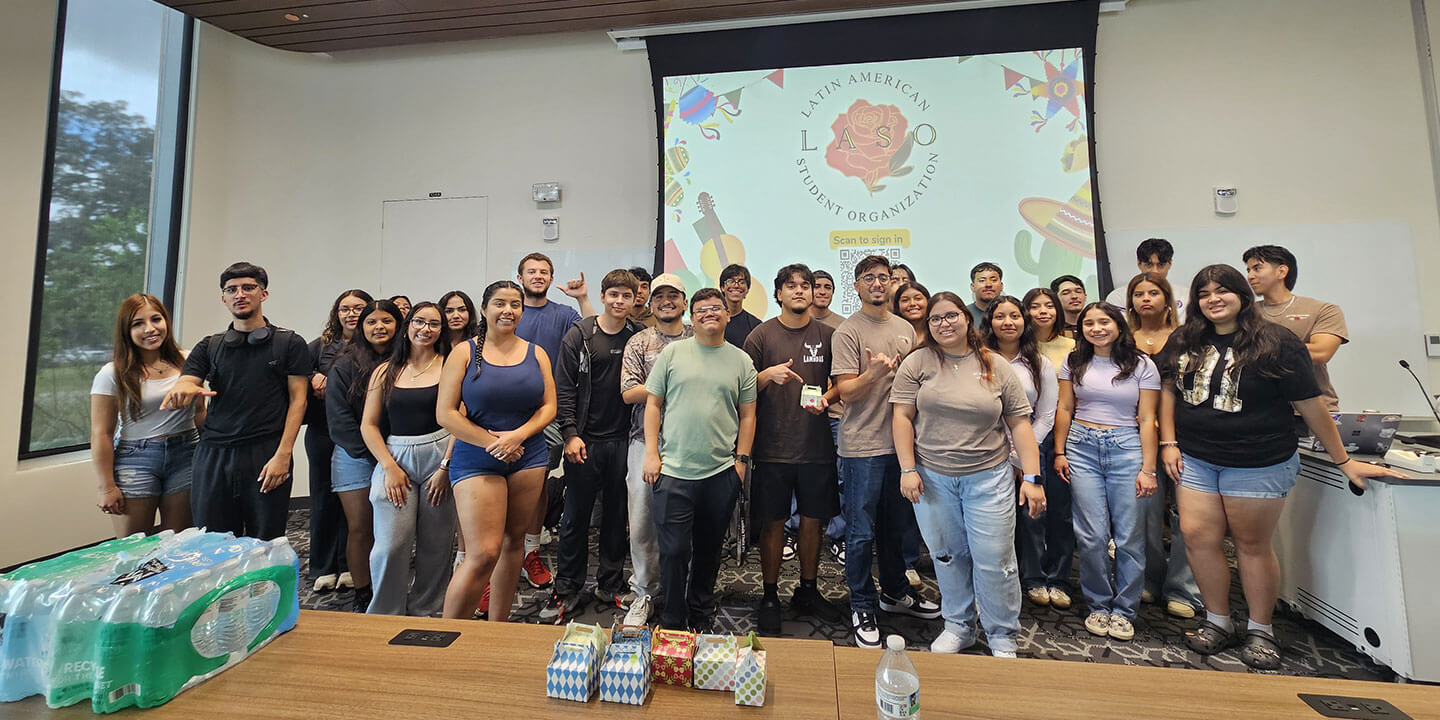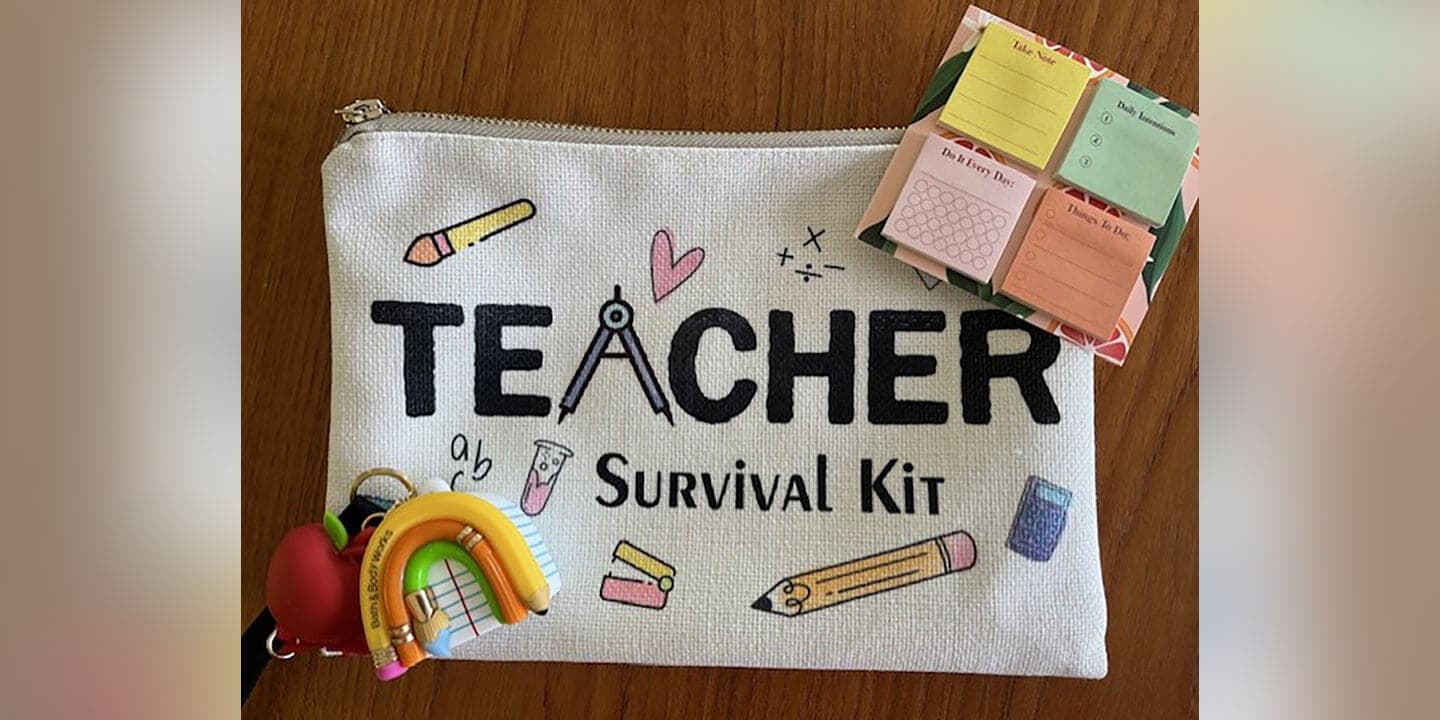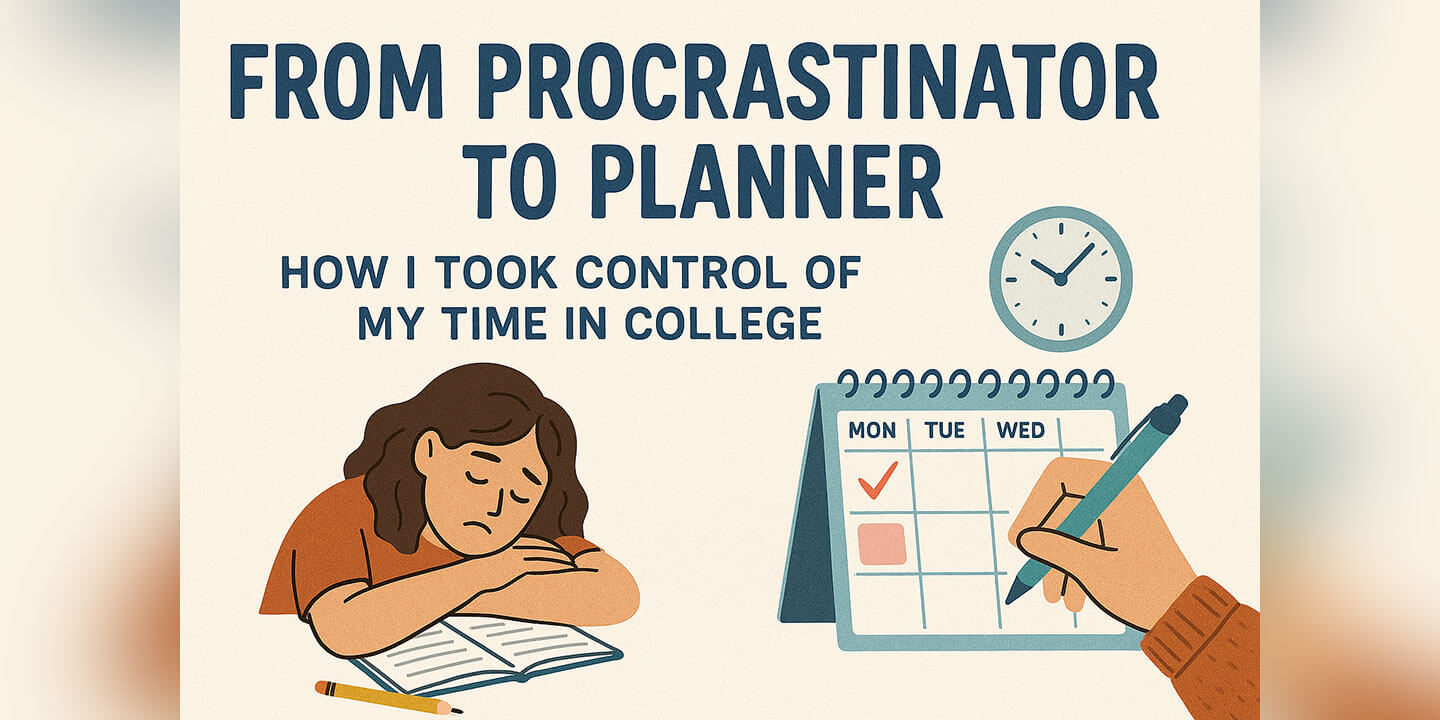
The College Experience: Campus Involvement as a Commuter Student
A Commuter’s Perspective
When I first started college, I never imagined how challenging it would be to get involved on campus as a commuter student. I often left campus in the late afternoon and headed straight home. By the time most events happened, I was already settled in for the night. On top of that, I’m naturally introverted, so the thought of showing up to large gatherings felt intimidating.
For a while, I convinced myself that campus life just wasn’t for me. However, joining the Latin American Student Organization (LASO) showed me the true value of campus involvement and transformed my college experience.
How Joining a Club Changed My Experience
During my first year, I took a chance and went to a LASO meeting even though I didn’t feel ready. I didn’t know anyone, and it felt easier to stick to my usual routine of going to class and driving home.
As a commuter, it’s easy to feel like campus is temporary, like you’re just passing through instead of belonging somewhere. I had no idea how much that one step would end up shaping my experience.
Over time, LASO became more than just a student organization to me. It turned into a place where I met people who understood my culture, shared my values, and helped me feel seen. I began staying on campus longer, attending socials, and saying yes to events I would have skipped before.
Eventually, I stepped into a leadership role as Marketing Chair on the executive board. In this role, I helped plan events, run social media, and collaborate with other organizations. Taking on that role challenged me in the best ways and helped me grow beyond the limits I had set for myself.
Leadership brought experiences I never expected. I’ve tabled at events, met students I wouldn’t have crossed paths with otherwise, and gained confidence in talking to new people.
As someone who’s always been introverted, I realized that being a leader isn’t about being loud. It’s about being intentional, creating space for others, and representing a community you care about.
Finding My Place(s) on Campus
Getting involved in LASO also made it easier to explore other organizations. I recently joined Women in Business (WIB) and participated in events like Coffee with WIB, recruiter panels, and even a season finale watch party for The Summer I Turned Pretty. I’ve attended other campus events like waffle night, and even small moments like those have helped me feel more connected.
Looking back, I’m grateful I didn’t let commuting or being introverted keep me from getting involved. It wasn’t always easy to stay on campus longer or walk into a room alone, but the friendships, opportunities, and confidence I’ve gained have made it worth it.
If there’s one thing I’ve learned, it’s that involvement doesn’t look the same for everyone. You don’t have to live on campus or be outgoing to find your place.
Sometimes all it takes is showing up once and giving yourself a chance to explore something new. For me, that one step changed everything. It can do the same for other students who feel like campus isn’t built for them.
You don’t have to be everywhere or do everything to be involved. You just have to start somewhere.
Do you have a compelling story or student success tips you’d like to see published on the Pearson Students blog? If you are a college student and interested in writing for us – click here to pitch your idea and get started!







